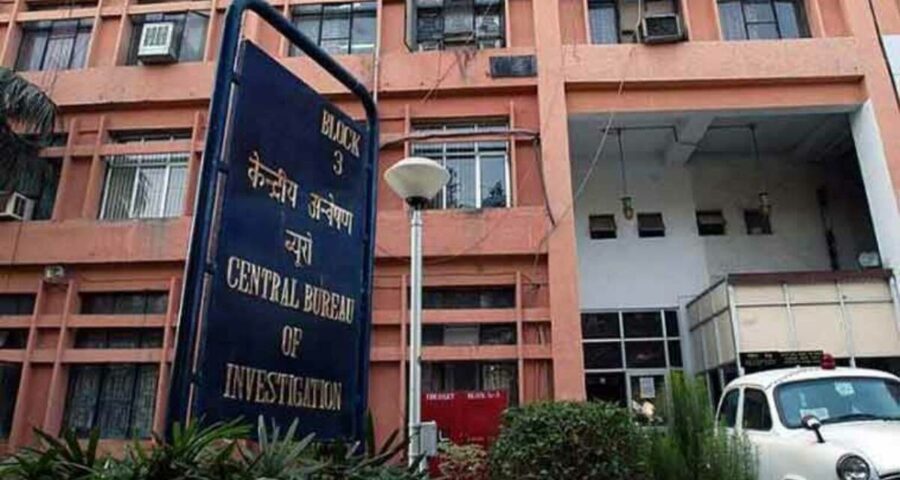The court was hearing a case filed by the West Bengal government, challenging the Calcutta High Court’s order directing a CBI probe into alleged cases of murder and crimes against women during post-poll violence in the state.
THE CENTRE told Supreme Court on Tuesday that it has nothing to do with the registration and investigation of cases by the CBI, saying that the agency is autonomous and derives its powers from The Delhi Special Police Establishments Act, 1946 (DSPE Act).
The court was hearing a case filed by the West Bengal government, challenging the Calcutta High Court’s order directing a CBI probe into alleged cases of murder and crimes against women during post-poll violence in the state.
Appearing for the Centre, Attorney General K K Venugopal told a bench headed by Justice L Nageswara Rao: “Union of India has nothing to do with registration of criminal cases under DSPE Act or under Section 6 of the Act. Only officers under the Act can register a case. A suit cannot be filed where CBI is not a party but the Centre is.”
Senior Advocate Biswajith Bhattacharya, appearing for the state government, said the CBI is autonomous only when it has jurisdiction. The agency’s actions are void ab initio after November 16, 2018, when the state government withdrew consent under Section 6 of the DSPE Act, 1946, he said.
The issue is between the Centre’s power under Sections 2, 3, 5, enabling the CBI to investigate in West Bengal, and the state government’s consent under Section 6. Once consent under Section 6 is withdrawn, the CBI has no jurisdiction, said Bhattacharya.
The AG said the CBI is completely autonomous, even from the Central Vigilance Commission. Although the CVC has been given the power to exercise superintendence over CBI in relation to investigation of offences under the Prevention of Corruption Act, it cannot ask the agency to probe or dispose of a case in a particular manner, he said.
Source: Read Full Article


